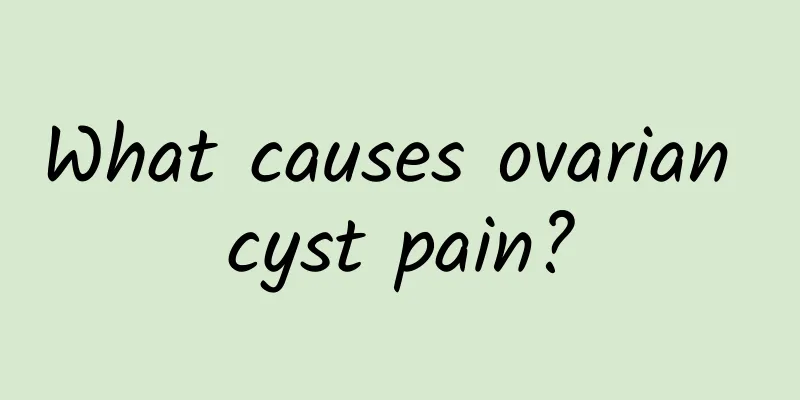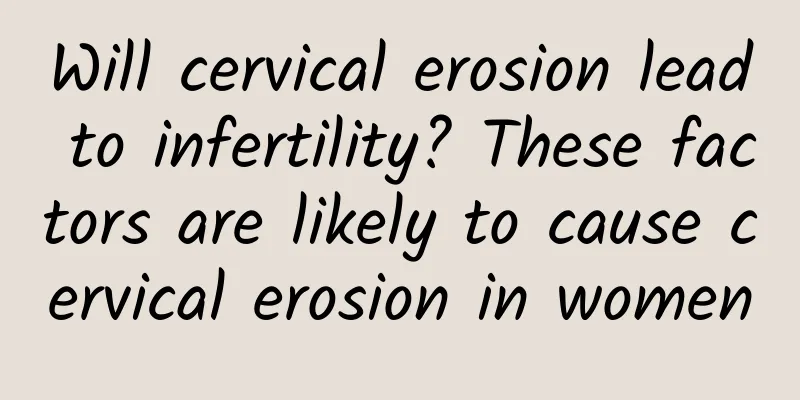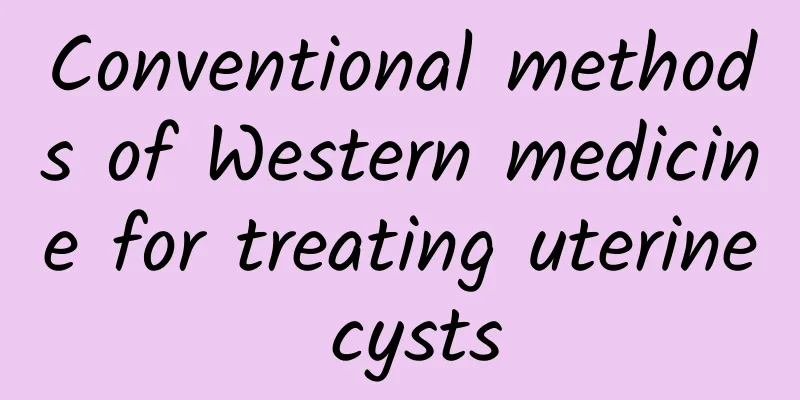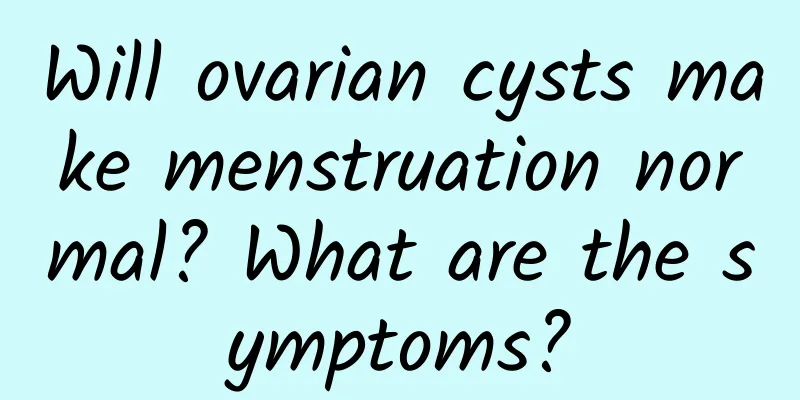What causes uterine cysts?
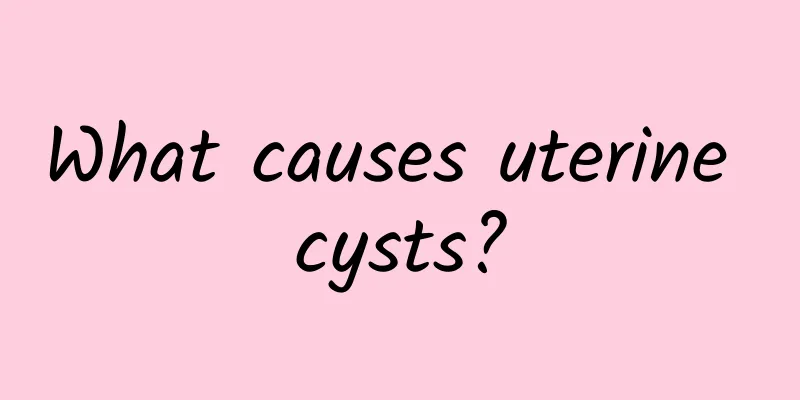
|
Treatments for uterine cysts include medication, surgery, and traditional Chinese medicine. Common causes include physiological cysts, inflammation, and endocrine disorders. Physiological cysts are mostly benign and can be treated with observation or medication; inflammatory cysts require anti-inflammatory treatment; cysts caused by endocrine disorders require hormone level regulation. For larger cysts or cysts with a risk of malignancy, surgical removal is recommended. 1. Physiological cysts are often related to the menstrual cycle and are common after ovulation. Most of them can disappear on their own. If the cyst persists or is large in size, oral contraceptives can be taken to regulate hormone levels and help the cyst shrink or disappear. 2. Inflammatory cysts are mostly caused by chronic inflammation such as pelvic inflammatory disease and adnexitis, and require targeted antibiotics or Chinese medicine anti-inflammatory treatment. Common antibiotics include cephalosporins, metronidazole, etc. Chinese medicine such as heat-clearing and detoxifying prescriptions can be used as auxiliary treatment. 3. Endocrine disorders are common causes of uterine cysts, which are often manifested as excessive estrogen levels or luteal insufficiency. Treatment can be achieved by taking hormone drugs such as progesterone or ovulation-inducing drugs to regulate endocrine balance and prevent cyst recurrence. 4. For cysts with a diameter of more than 5 cm, cysts that grow rapidly or suspected malignant lesions, surgical treatment should be considered. Common surgical procedures include laparoscopic cystectomy, hysteroscopy or laparotomy, which are selected according to the nature of the cyst and the patient's condition. 5. Traditional Chinese medicine believes that uterine cysts are related to qi stagnation, blood stasis, and phlegm and dampness condensation, and can be improved through Chinese medicine conditioning. Commonly used Chinese medicine prescriptions such as Taohong Siwu Decoction and Guizhi Fuling Pills have the effects of promoting blood circulation and removing blood stasis, resolving phlegm and dispersing nodules, and can assist Western medicine treatment. The treatment of uterine cysts requires selecting an appropriate plan based on the cause, nature of the cyst and individual patient conditions. Regular follow-up is key, and timely medical attention should be sought when necessary. |
<<: Can a thick endometrium cause cancer?
>>: Causes and hazards of cervical hypertrophy during pregnancy
Recommend
How to prevent senile vaginitis?
Senile vaginitis: refers to inflammation caused b...
Symptoms of ectopic pregnancy are often accompanied by irregular vaginal bleeding
If a woman has various symptoms of ectopic pregna...
Nursing methods for fungal vaginitis during lactation
Nowadays, women are suffering from more and more ...
Can I get pregnant if I have had cervical precancer?
Every woman has the dream of becoming a mother an...
Points to note for patients with ectopic pregnancy in daily life
What are the things that patients with ectopic pr...
Can women with dysmenorrhea run?
Running is a form of physical exercise that we of...
How is congenital absence of vagina formed?
Some women are born without vagina, which will af...
What are the symptoms of pathological ovarian cysts and how to treat them
Patients with pathological ovarian cysts will hav...
What are the common causes of ectopic pregnancy?
Ectopic pregnancy is a dangerous gynecological ac...
How to check for premature ovarian failure
Premature ovarian failure refers to a disease in ...
How to treat giant uterine fibroids? The harm of giant uterine fibroids
Uterine fibroids are a common female disease. The...
How to take care of pelvic inflammatory disease
How should I take care of pelvic inflammatory dis...
Not sleeping will make you fat! Be careful about eating more junk food
How important is sleep? Looking at your figure in...
How to prevent uterine fluid accumulation in life
Many women often find that they have "uterin...
Is cervicitis serious?
Cervicitis is a common gynecological disease, usu...
